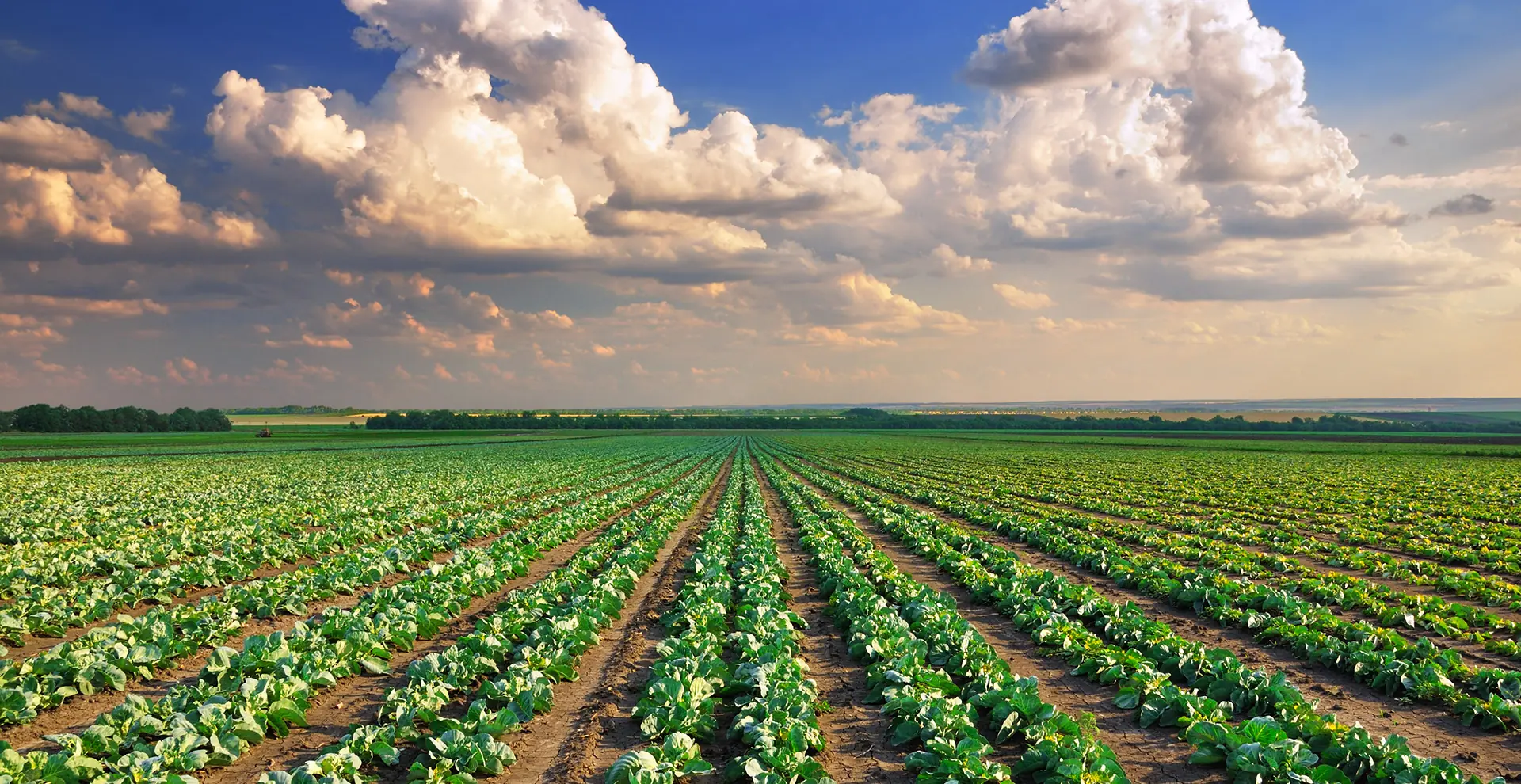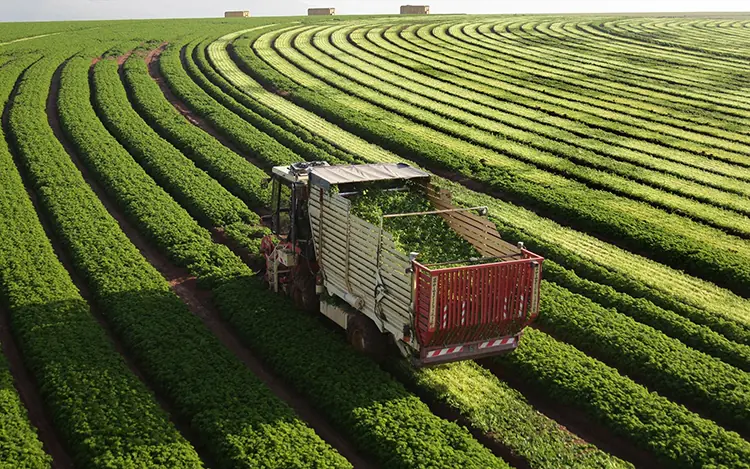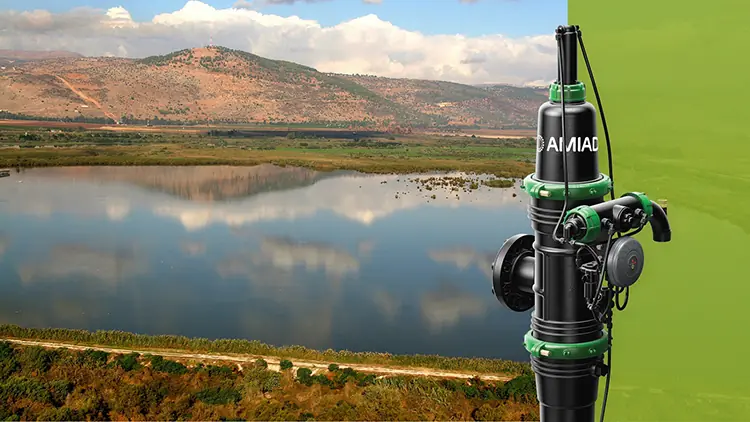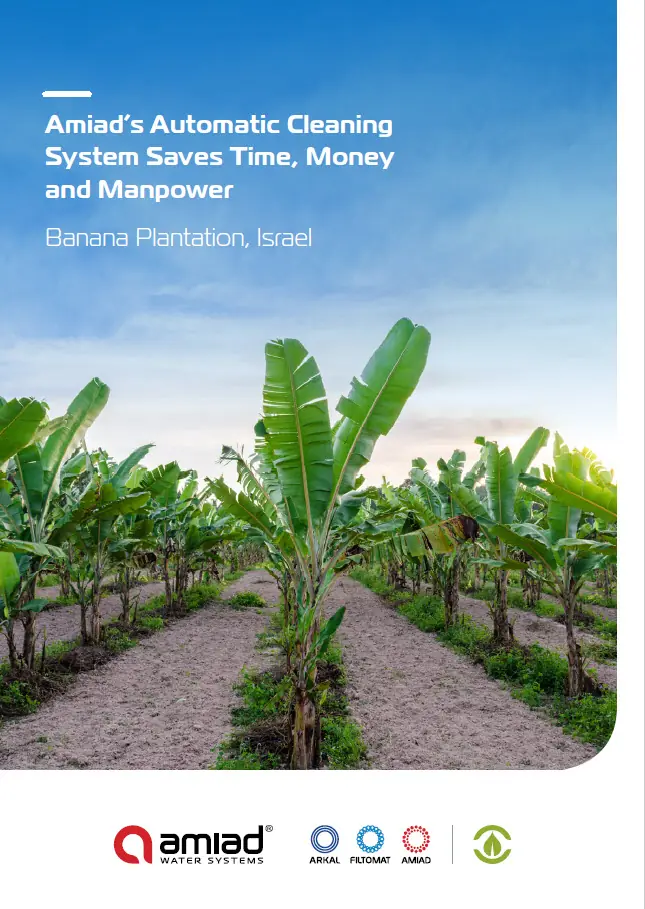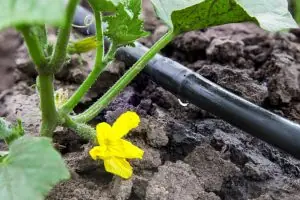
Seedling vegetable beds with drip irrigation system
Water is the lifeblood of agriculture. For millennia, humans have relied on it to cultivate crops that feed our growing populations. With modern advancements in technology, irrigation filters have emerged as a cornerstone of sustainable farming. Let’s examine the importance of these filters and their transformative impact on agriculture.
The Basics of Irrigation in Agriculture
Irrigation, at its core, is the artificial application of water to soil or land to assist in the growth of crops. Throughout history, civilizations have been defined by their ability to harness and utilize water resources. Ancient practices ranged from simple canal diggings redirecting river flow, as seen in ancient Mesopotamia, to complex systems like the terraced rice paddies of Asia. Fast forward to the present day, and we have witnessed remarkable advancements in irrigation technology. Modern systems, equipped with drip lines, sprinklers, and sophisticated sensors, allow farmers to deliver precise amounts of water to specific crop zones, minimizing waste and optimizing yield. As essential as the technique and delivery of water is, so too is its quality, which plays an essential role in determining the success of a crop. In essence, understanding irrigation is not just about knowing how to water plants, but about ensuring that the water used is of the best quality possible.
The Need for Clean Water in Irrigation for Agriculture and the Global Food Chain
The pivotal role of clean water in agriculture goes beyond merely nourishing crops; it is intertwined with the very fabric of global food security. Contaminated or impure water can introduce an abundance of issues ranging from the spread of waterborne diseases to compromised soil health. Such adverse effects directly translate to reduced crop yields, leading to food shortages and inflated prices. Furthermore, pollutants and contaminants in water can seep into the broader ecosystem, harming aquatic life and entering the human food chain. This not only poses health risks but disrupts local economies dependent on fisheries and related sectors. On a global scale, as trade networks distribute agricultural products worldwide, a contamination issue in one region can have ripple effects, endangering food safety standards in distant markets. Clean water, therefore, isn’t just a localized need; it’s a critical component underpinning the stability and health of the global food chain.
How Do Irrigation Filters Work?
Agricultural irrigation filters serve a pivotal role in agriculture by ensuring the cleanliness and safety of water used for irrigating crops. Their primary function is to remove contaminants, sediments, and debris from water sources. The process begins with water intake from various sources, which may contain impurities ranging from large debris to microscopic organisms. Filters use a combination of physical barriers, such as screen, sand, or disc filters, to trap and remove these impurities based on their size or nature. For instance, screen filters employ a mesh to catch larger particles, while sand filters allow water to pass through a sand bed, trapping organic materials and larger sediments. Some newer systems also feature pressure differentials to indicate when cleaning or backwashing is required. Additionally, advanced systems might incorporate chemical or biological filtration to address specific contaminants, using agents like activated carbon or beneficial bacteria. Through these mechanisms, irrigation filters ensure that the water reaching the crops is of optimal quality, promoting healthy growth and reducing risks associated with impurities.
Real-world Impact: Cases of Successful Filter Implementation
In diverse landscapes across the world, the implementation of advanced irrigation filters has redefined the trajectory of agricultural success. For instance, Israel’s arid regions transformed into fertile hubs of agriculture by pioneering drip irrigation alongside advanced water filtration, turning desert lands into productive fields, and Israel has emerged as a leading exporter of fresh produce. Similarly, almond orchards in California’s Central Valley, despite grappling with recurring droughts and water quality challenges, sustained and even increased their yields by integrating sophisticated filtration systems. This not only ensured a consistent water supply but also countered soil salinization, preserving the orchard’s health. In another corner of the world, rice farms in India transitioned from traditional flood irrigation to more controlled methods with the aid of screen and sand filters, resulting in enhanced rice yields, significant water savings, and reduced disease outbreaks. Further south, Kenya’s renowned flower farms, major exporters to Europe, fortified the quality of their produce by adopting advanced disc filters to purify water sourced from the occasionally contaminated Lake Naivasha. This not only elevated the market value of their flowers but also lessened the environmental footprint on the lake’s ecosystem. Collectively, these real-world applications highlight the profound and multifaceted impact of irrigation filters on modern agriculture, from yield augmentation and ecosystem preservation to economic viability in challenging terrains.
Additional Benefits of Using Irrigation Filters
Irrigation filters, while primarily tasked with ensuring water purity for optimal crop health, offer a spectrum of extended benefits that resonate across economic, environmental, and health dimensions. Clean water directly contributes to the longevity of irrigation equipment such as sprinklers and drip lines, translating to economic savings in maintenance and replacements. This economic advantage extends further as farmers find reduced need for post-harvest water treatments and reliance on chemicals to counter water-borne threats. The environment too stands to gain; filters act as guardians, preventing pollutants from seeping into the soil and nearby water sources, preserving both land and aquatic ecosystems. Beyond safeguarding nature, filtered water fosters enriched soil health by maintaining balanced pH levels and curbing harmful salt accumulations. This focus on purity and consistency supports more uniform crop growth, catering perfectly to market demands for consistent quality. Moreover, the heightened safety ensures that agricultural produce remains untainted, minimizing health risks for end consumers. In the bigger picture, embracing filtration often paves the way for water conservation, as certain systems promote recycling and reusing, a real added benefit, especially in water-scarce regions. Additionally, those on the organic farming journey find a valuable ally in irrigation filters, facilitating adherence to organic standards by minimizing the introduction of non-organic compounds. In its entirety, the integration of irrigation filters represents more than enhanced agriculture; it’s a commitment to sustainable, economical, and health-forward farming practices.
Amiad Agricultural Irrigation Filtration Solutions
Agricultural irrigation water filters are essential to ensure production quality and profitable crops.
We offer a complete line of reliable automatic, semi-automatic and manual irrigation water filters, so that farmers and growers can find the ideal solution for their specific needs, regardless of the water quality or source. Our irrigation filters deliver exceptional performance, enhancing water quality and optimizing crop growth.
Amiad Filtration Technologies
Suction-scanning Screen Technology: Suction-scanning technology incorporates a multi-layer stainless steel screen with focused flush to provide 100% cleaning of the screen area, using less than 1% of the total process water for self-cleaning.
Spin KlinTM Disc Technology: Spin KlinTM disc technology operates by using thin, color-coded discs of a specific micron size. The discs are grooved on both sides, in opposite directions, creating a series of crossing points which form multiple particle traps.
Media Technology: Filtering with media filters, also known as depth filtration, is done by filtering water through a thick layer of graded particles (sand, gravel or other granular materials), called the filter bed.
Click here for more in-depth info about our technologies.
Conclusion
The quest for sustainable, efficient, and high-yield agriculture is intricately linked to the source and quality of the water used in irrigation. In this era of unpredictable climate patterns, dwindling freshwater resources, and heightened awareness about environmental sustainability, the importance of irrigation filters cannot be overstated. Our filters, acting as the first line of defense, ensure that the water nourishing our crops is free from harmful contaminants, thereby safeguarding both the health of the crops and the consumers who rely on them. From enhancing crop yields and protecting valuable irrigation equipment to championing eco-friendly agricultural practices, the role of irrigation filters is multifaceted. As technology continues to evolve, so too will the sophistication and efficiency of these filters, reinforcing their place as indispensable tools in the future of agriculture. Farmers, policymakers, and consumers alike should recognize and prioritize the value of clean water in agriculture, making the investment in high-quality irrigation filters not just a choice, but a mandate for a healthier and more bountiful tomorrow.
Want to learn more about irrigation filtration?


